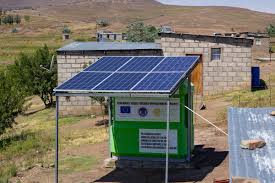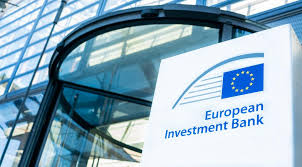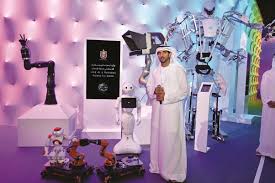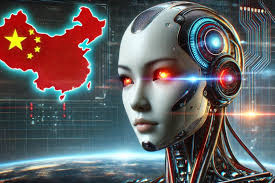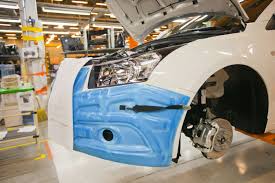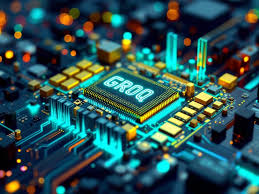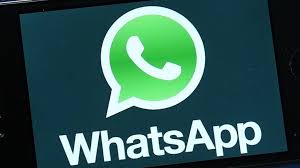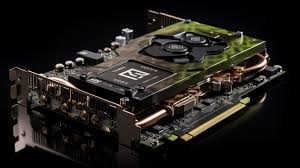On a continent whose governments have long battled to solve some of the worst infrastructure in the world and the challenges of climate change, companies that provide solar power to some of the world’s poorest houses in Central and West Africa are reportedly among the fastest growing.
The bulk of the population in the areas where these companies operate are not linked to the electricity grid.
Their products range from solar-powered lamps that enable children to study at night to complex home systems that power plasma televisions and kitchen equipment.
These enterprises are generally owned by Africans. A solar-powered bulb can cost less than $20, whereas home appliances and entertainment systems can cost thousands of dollars.
Some of the lowest rates of electrification in the world are found in Central and West Africa.
This is as low as 8% in West Africa, where 220 million people lack access to electricity, according to the World Bank.
Many rely on pricey fuels like kerosene, which may be dangerously flammable and fill homes and workplaces with fumes.
The world community decided at the most recent United Nations climate summit to triple the capacity of renewable power generation by the year 2050.
Even though carbon emissions from the African continent are negligible in comparison to its size, solar energy has emerged as a very affordable means of generating electricity.
Laptops 1000In an earlier report this year, the International Energy Agency noted that while small and medium-sized solar companies are rapidly reaching homes, more investment is required to reach all homes and businesses in Africa by 2030.
Out of the more than 1.3 billion people living in Africa, it was stated that about 600 million do not have access to electricity.
Easy Solar, a locally owned company that provides solar power to households and businesses in Sierra Leone and Liberia, was one of the companies that made the Financial Times annual ranking of Africa’s fastest-growing companies of 2023.
Revenue compound annual growth rate was used to determine ranking.
Growing up in Ghana, co-founder Nthabiseng Mosia experienced regular power outages.
While attending graduate school in the United States, she developed an interest in finding solutions to Africa’s energy difficulties.
She started the business in Sierra Leone, where electrification rates are among the lowest in West Africa, with a classmate from the United States.
Nobody was pursuing solar at a large scale. Therefore, we believed it to be a favorable opportunity, Mosia stated in an interview.
With a combined population of over 14 million, Sierra Leone and Liberia are home to over a million individuals who now have access to solar power thanks to Easy Solar’s 2016 launch.
Agents and stores for the company can be found throughout all 16 districts of Sierra Leone and seven out of nine counties of Liberia.
For the first time, many communities have access to a reliable electricity source. Mosia stated, “We truly want to travel the final mile, far into the rural areas.”
The business started off with a prototype operation in Songo, a neighborhood outside of Freetown, the capital of Sierra Leone.
Adoption began slowly, according to Mosia. The cost of solar-powered appliances first concerned the villagers, but as they noticed that their neighbors’ homes had light at night, more of them decided to sign up.
Land surveyor and Songo resident Haroun Patrick Samai observed, “We have long forgotten about kerosene.”
“We lived in constant fear of a fire breaking out from the use of candles and kerosene before Easy Solar.”
One of the fastest-growing businesses in Africa is Altech, a Congolese solar power provider. The World Bank estimates that less than 20% of people in Congo have access to electricity.
Co-founders Washikala Malango and Iongwa Mashangao were raised in Tanzania after fleeing violence in their childhood in the South Kivu district of the Congo.
They started the business in 2013 to address the power issues they had encountered as children in a refugee camp, where they had to fight with family members for light at night so they could study. They relied on kerosene for power.
Altech is currently present in 23 of Congo’s 26 provinces, and by year’s end, it hopes to be present in the other ones.
According to the company’s founders, they have sold over a million solar-powered goods in Congo, including generators, lighting, appliances, home automation systems, and household appliances.
“Most of our clients are connected to a power source for the first time,” stated Malango.
According to Malango, over 90% of loans are repaid because a system allows users to remotely switch off their appliances’ electricity if they don’t pay.


